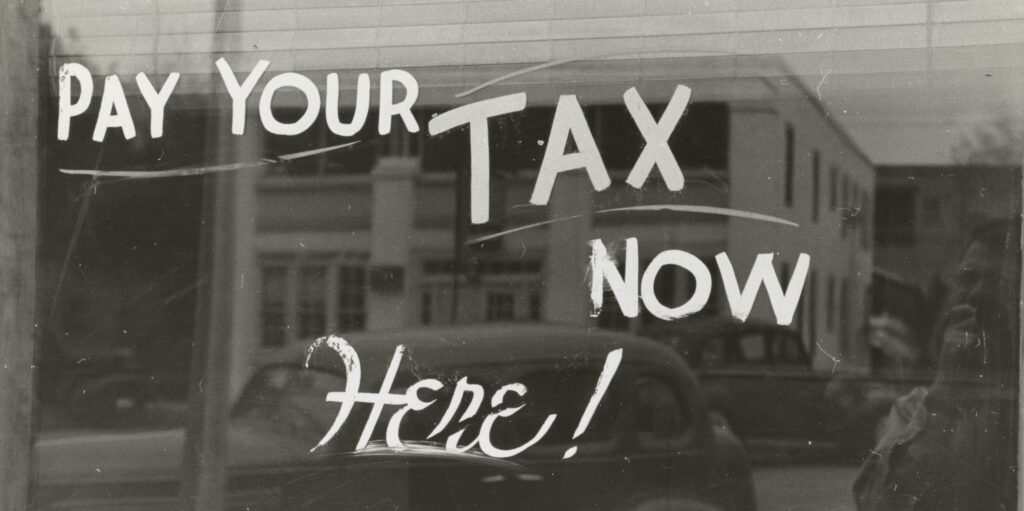We often receive inquiries concerning Thailand company registration with BOI. For the benefit of those wondering whether to apply for BOI or not, below are some questions from one of our clients before they decided to register their software business and apply for BOI privileges.
Questions:
We are a software developer from Denmark. As what we understand, we must apply for BOI status, and we know that this may not be approved 100%. However, we will appreciate if you could give us advice on the following:
- What are the benefits of getting BOI promotion?
- The registered capital (1M Baht), do we have to show this amount? If not, what does it actually mean that it is “registered” then?
- We would like to have the company 100% owned by Danes, not Thais. Does that weaken our case with the BOI?
Answers:
- Benefits of BOI promotion
If what your new company will do is to develop software, then we can help you get a BOI promotion. Below are the actual benefits that will be given to your software business if you get approved.
Under Section 25, the promoted company can bring in the foreign technicians or experts, spouse and person under the guardian of such foreign technicians or experts, in to Thailand. The number of foreign technicians or experts and the period to work and stay in Thailand will be fixed as the Committee deems appropriate.
Under Section 26, the foreign technicians or experts, who are authorized to stay in Thailand under Section 25, shall be allowed to work only in the position that the Committee approves throughout the approval period.
Under Section 27, the promoted company is permitted to own the land according to the criteria approved by the committee.
Under Section 28, the promoted company is exempted for the import duty for the machinery as approved by the Committee.
Under Section 31;
– Paragraph 2, the promoted company is exempted for the corporate income tax for the net profit generated from the promoted activity for a period of 5 years from the date you start to generate such income.
– Paragraph 4, in case the promoted company suffers loss during the period of corporate income tax exemption under paragraph 2, the promoted company is allowed to carry over the loss to deduct from the net profit generated after the exemption period for a period of FIVE years after the end of the exempted period. The promoted company may deduct the loss from the net profit of any year or many years.
Under Section 34, the dividends derived from the promoted activity, which is exempted from corporate income tax under Section 31; do not have to be included for income tax calculation throughout the period of corporate income tax exemption of the promoted company.
Under Section 37, the promoted company is allowed to transfer money to overseas in foreign currency.
If you get BOI approval, your registered capital can be only Baht 1M (100% owned by the 2 Danes, and able to get more than 2 work permits), instead of Baht 4M if you will do it another way (51% Thai and 49% foreign share structure) because you will need 2 work permits for the 2 Danes (For non-BOI companies, the ratio of work permit to paid-up capital is 1: Baht2M.)
2. Registered capital
The registered capital is the capital you registered with the Department of Business Development that the company will have, but it can be different from the paid-up capital, which means the shareholders put their money into the company according to the number of shares held by them. In most cases, because the foreigner in the company needs a work permit, the paid up capital and registered capital both need to be Baht 2M for the company to be able to sponsor one work permit.
3. 100% foreign ownership
It will not affect the result of BOI approval at all whether you decide to register the company as 100% Danes owned. Actually the BOI’s purpose is to attract investment to the country so it is fine that the company will be 100% owned by foreigners.
We hope that the above information would be a great help to those who are still undecided. Please contact MSNA for expert advice on Thailand BOI application.




